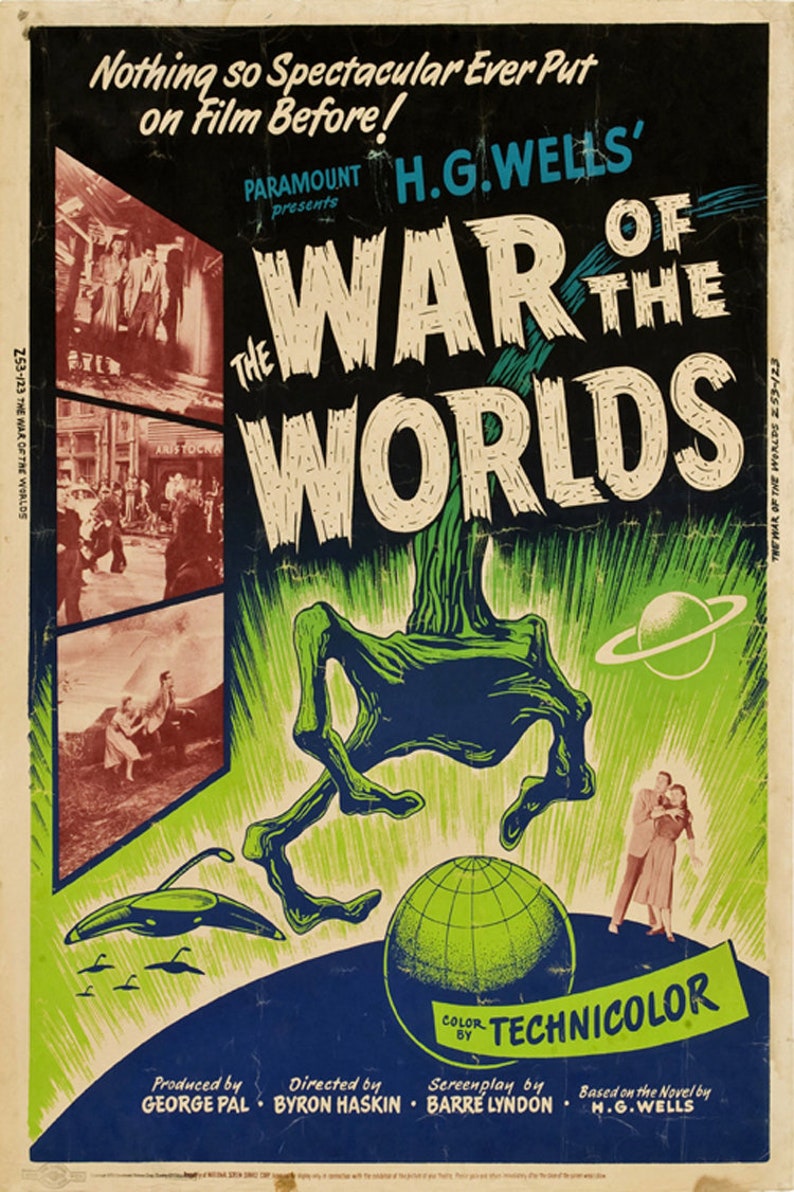

Returning to London and completing his degree, he worked as a correspondence tutor and in 1893 wrote his first books Honours Physiography and A Textbook of Biology. After being fouled in a rugby game, he suffered severe kidney damage, and for much of the 1890s Wells feared he would die prematurely. Wells failed his final exams and found work as a teacher in Wales. He also began writing, providing articles and ‘The Chronic Argonauts’, a time travel story, for the college magazine the Science Schools Journal. Ill-fed, poor and increasingly discontented by both the quality of the teaching he received and the social organization of the world, Wells became more and more interested in politics and in imaginative literature, especially Plato, Blake and Carlyle. Wells drew extensively on his experiences as a student for his 1900 novel Love and Mr Lewisham. Wells’s exam results at Midhurst were so strong that he won a scholarship aimed at increasing the number of science teachers in Britain at the Normal School (now Imperial College London), under ‘Darwin’s bulldog’, the biologist T. Wells was apprenticed to drapers in Windsor and Southsea but was much keener to continue to be educated, and he persuaded his mother to let him become a pupil-teacher at Midhurst Grammar School. Wells’s elder brothers had both been apprenticed to drapers, a trade that Sarah Wells considered to be highly respectable. His father Joseph, a former gardener, kept a shop and played professional cricket after his father broke his leg when Wells was ten, Wells’s mother Sarah returned to domestic service at the country house Uppark, near Midhurst, in Sussex. G.’ was born on 21 September 1866 in Atlas House, on the High Street of what was then the Kentish market town of Bromley.

Herbert George Wells, known as ‘Bertie’ or ‘H. Wells collection on January 1st 2017 – To kick things off, Durham University’s Professor Simon J James looks back at the great author’s life and works… We’ve commissioned a special series of blogs to mark the upcoming release of our H.G. Wells Durham University’s Professor Simon James take us through the great author’s life and works Everything you ever wanted to know about H.G.


 0 kommentar(er)
0 kommentar(er)
